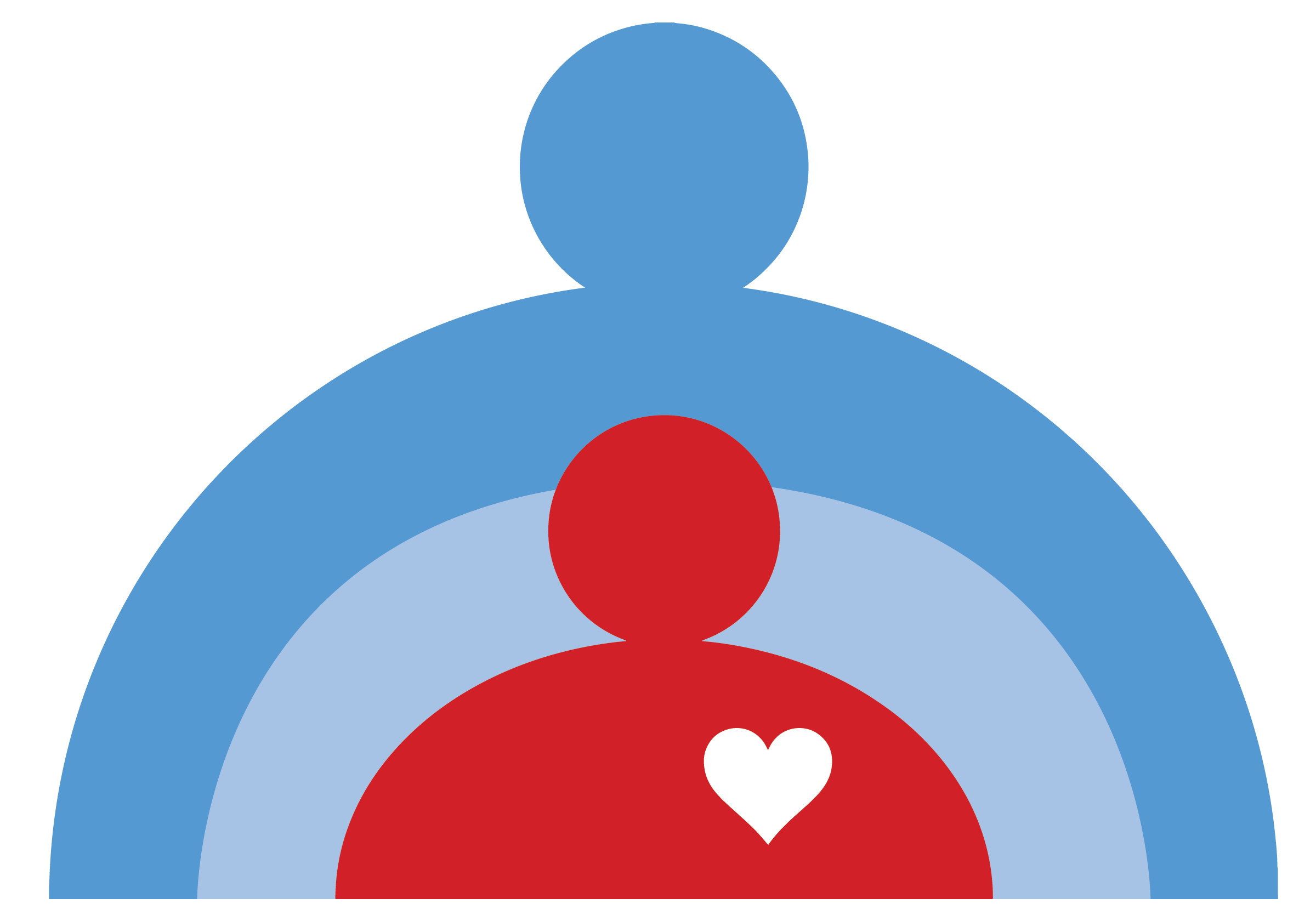The April edition of the CASA Newsletter focuses on the benefits CASA children can receive from the Wisconsin Department of Justice Crime Victim Compensation Program. This program provides benefits to victims of violence, including physical and sexual abuse, and can make it possible for CASA children to access medical and mental health services after they turn age 18. Please read the overview of the Victim Compensation Program below and the Practice Tipson advocating for these benefits.
Shoshannah Pass is a CASA volunteer who has been advocating for the same family for over three years. Thanks to Shoshannah’s commitment and support, her family of four siblings recently found permanency. Read about Shoshannah’s CASA experience in Volunteer Spotlight.
The Effect of Trauma on Children continuing education event scheduled for April 13 will be rescheduled due to speaker cancellation. We will update you in the May newsletter. Please look at the Dates to Remember for other upcoming events.
Judge Yamahiro swore in 15 new CASA volunteers on March 24. We welcome these enthusiastic newcomers and thank them for joining our amazing volunteers in their commitment to children.
Susan Raines
Program Manager
Kids Matter CASA
Wisconsin Department of Justice Crime Victim Compensation Program
In the State of Wisconsin, if a victim of crime is injured or killed they or their survivors may qualify to receive reimbursement for medical or mental health services needed because of the crime, lost wages or benefits resulting from the crime, or related burial expenses. The Crime Victim Compensation Program pays up to $40,000 for certain out of pocket expenses incurred by an eligible victim of crime who suffered a personal injury or death and are not covered by another source (i.e. insurance). Losses may include medical expenses, counseling expenses, lost wages, loss of support, reasonable replacement costs of clothing, bedding or other property held as evidence, cleaning and securing a crime scene, homemaker services, and an additional $2,000 for funeral expenses.
The Crime Victim Compensation Program does not cover property crimes, does not pay lost wages to parents of children injured in a crime, and cannot reimburse for mileage or for time off from work for appointments or court appearances.
To qualify for the Crime Victim Compensation Program, the victim must be an innocent victim of crime, or a family member of an innocent homicide victim. If the victim was injured in a car accident caused by a drunk driver, the victim must have been a pedestrian or a passenger in the other car, a child passenger in the offender’s car, or unaware that the driver was under the influence of alcohol or an illegal drug. If a family member was a victim of a homicide, one surviving family member can file a victim compensation application on behalf of the victim
Additionally, the victim:
- Must not have caused or contributed to the incident
- Must not have committed a crime that led to the incident
- Must cooperate with law enforcement and with the Wisconsin Department of Justice, Office of Crime Victim Services in supplying information about the incident
- Must not be certified to be delinquent in child support, medical payments or birthing expense, the victim must provide a copy of their payment agreement that has been approved by the county child support agency
- Must report the incident to the police within 5 days of the crime, or within 5 days of the date the crime could reasonably have been reported
- Must complete the application within one year of the incident, with few exceptions
For more information go to www.doj.state.wi.us
Practice Tips
The Crime Victim Compensation Program can help CASA children access medical and mental health services when they reach age 18 and do not have medical insurance. Many of our CASA children are victims of physical and sexual abuse and are therefore eligible for reimbursement for these services from the program if there is no other source of payment. Because children cannot file on their own, the Department of Justice can make an exception to the time limit rules of the police report (5 days) and submission of application (1 year) if no one filed a report on behalf of the child. If a child victim needs mental health services because of the abuse when they are over the age of 18, the Crime Victim Compensation Program can still pay for these services if the victim has no other source of payment, such as insurance, and completed an application. There is a $40,000 lifetime benefit.
It is in the best interest of the CASA child for the CASA volunteer to advocate for a submission of the Crime Victim Compensation Program application as soon as possible after the abuse occurs. The case manager may not be aware of the program, and a CASA volunteer can help pave the way for the child to receive the benefits even after the age of 18. Kids Matter staff is also available to help.
For example:
A CASA volunteer was assigned to a thirteen-year-old girl placed in a foster home who was reportedly sexually abused when she was 10. As the alleged abuser was a family member, no one in her family filed a police report or applied for the Crime Victim Compensation Program. The case manager was unaware of the program. The CASA volunteer gathered the necessary medical records and information and completed the application. The girl did not need the benefits while she was in foster care as she had medical insurance to pay for therapy. At age nineteen, she became very depressed due to the sexual abuse and was still in need of mental health services. However, she could not pay for these services and did not have medical insurance. She was able to receive the benefits from the Crime Victim Compensation Program and pay for her mental health services.
For an application and more information on the Wisconsin Department of Justice Crime Victim Compensation Program, visit the following links:
Crime Victim Compensation Application
Handbook for Those Assisting Innocent Victims of Crime
Rights and Services for Crime Victims and Witnesses
Volunteer Spotlight
By Zach Reichard
When Shoshannah Pass started volunteering as a Court Appointed Special Advocate, she was assigned to a young group of siblings. They were living in chaos.
All four children were under the age of six and in out-of-home care for the second time. Their mother had struggled with addiction, and was in drug treatment facility. The children were placed with a young aunt who had two children of her own — also under the age of six. The children didn’t have car seats, beds or blankets and slept on the floor. The children had behavioral problems. The older children struggled in school.
That was three and a half years ago. CASA Volunteer Shoshannah started visiting the kids on a weekly basis. She made sure they had beds and car seats. She read with the children and played games. She helped the children have special opportunities to go to the Betty Brinn Children’s Museum and attend community events. She visited the kids at home and in school.
Getting to know the family presented a few challenges. The children’s aunt was a loving caregiver. However, there were always other adults in and out of the house. One day when Shoshannah came on a scheduled visit, she found a relative smoking marijuana around the children.
During another visit, the children told her that they were being physically and verbally abused by another adult relative. They showed her their cuts and bruises. Shoshannah kept a cool head, and reported the abuse. She was shocked, but knew that if she didn’t speak up for the children, no one was going to. The children were moved to a new placement.
“I really got to know all of the kids, and they trust me. If I wasn’t there, a lot of the situations that occurred may not have ever been seen,” Shoshannah said.
Today, the children are in stable homes. Three of the children have the same father, and they are now living with him. The fourth child is living with a relative who has become his guardian. They are doing well in school.
Shoshannah is really proud of all the kids have accomplished during the three and a half years.
“I’m happy that the kids are in a stable environment. The kids have done a 180 in their behavior,” Shoshannah said. “They are well-adjusted, happy, and learning. This was not the case before. All the work put in by everyone involved has been helping.”
Now, with the children finding stability, Shoshannah reflects on how close she is to the children.
“I wasn’t expecting to feel like the kids are part of my family, but that’s what happened,” Shoshannah said. Like many volunteers, Shoshannah also reports learning a lot about herself and her community.
Her advice to other volunteers? “Don’t be afraid to speak your mind, but think before you speak. Understand the chain of command. Don’t just view things from your personal experience.”
Don’t worry about having all the answers. “I didn’t know what I was getting into,” Shoshannah said. “You don’t know what’s going to happen until you are involved, and that isn’t a bad thing. Like a lot of things in life, you learn by doing.”
Shoshannah calls CASA “a really valuable program.” “There are a lot of ways people can get involved and be the positive change for children of Milwaukee. It is really wonderful to see such great change for kids.”






